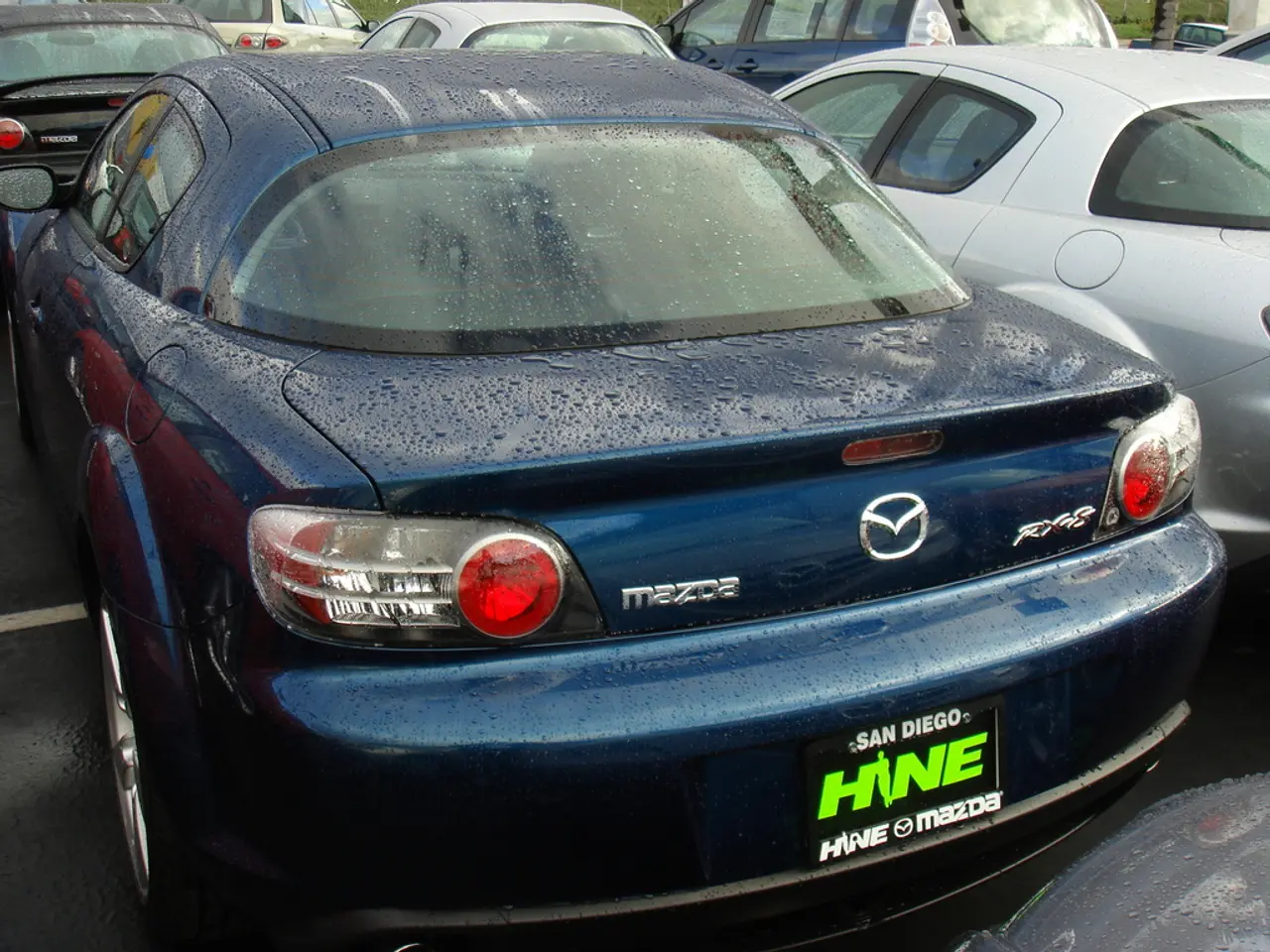Struggling profitability and escalating uncertainties afflict European car component suppliers
The European automotive supply industry is currently grappling with a range of challenges, according to recent surveys. Lukas Michor, co-leader of McKinsey's EMEA supplier practice, has reported a deterioration in business sentiment over the past twelve months.
One of the most pressing operational challenges facing suppliers is insufficient OEM compensations, affecting 74% of the industry. This is followed by demand reduction, which is a concern for 52% of suppliers. Disruptions in the supply chain and difficulty implementing OEM requirements are each a challenge for 24% and 22% of suppliers, respectively. Compliance with emission targets is a concern for 22% of the supply chain.
To address these challenges, suppliers are intensifying resource allocation towards research and development (R&D) and production. A significant 58% of respondents identify material and component design optimisation as key for achieving an optimised cost structure. Suppliers are also focusing on efficiency gains in manufacturing, with 54% emphasising its importance.
In an effort to offset inflationary production costs, 70% of respondents prioritise engaging in commercial re-negotiations with OEM customers. This proactive response is echoed by two-thirds of suppliers who are currently re-skilling their workforce or planning to do so, indicating a proactive approach to the talent challenge.
The talent shortage in the sector is being addressed through initiatives such as European automotive suppliers like Beckhoff Automation GmbH & Co. KG promoting the training of software engineers by offering job opportunities and supporting development in software automation technologies relevant to automotive applications. Specialised training providers like NobleProg also offer professional development courses focused on software engineering and automotive-specific skills.
Strategic challenges for suppliers operating in China include cost competitiveness and product development cycles, while faster technology implementation in other regions is a concern for 39% of European suppliers. Additionally, 20% of suppliers are challenged by suppliers moving to other industries.
Looking ahead, only 31% of suppliers expect a substantial share of future business from China. While 47% of suppliers expect an increase in revenues for 2024, 31% expect a decline. Only 37% of suppliers expect profitability above 5%, and 25% of suppliers anticipate operating at marginal or negative profitability levels.
The most relevant challenge due to CO2 reduction targets, according to 52% of suppliers, is the required changes in the supply chain and production footprint. Furthermore, 54% of European suppliers express decreasing EU competitiveness due to high production costs.
Despite these challenges, the European automotive supply industry continues to adapt and respond, with a focus on resource allocation, talent development, and strategic partnerships to navigate the current landscape.
Read also:
- Understanding Hemorrhagic Gastroenteritis: Key Facts
- Trump's Policies: Tariffs, AI, Surveillance, and Possible Martial Law
- Expanded Community Health Involvement by CK Birla Hospitals, Jaipur, Maintained Through Consistent Outreach Programs Across Rajasthan
- Abdominal Fat Accumulation: Causes and Strategies for Reduction








